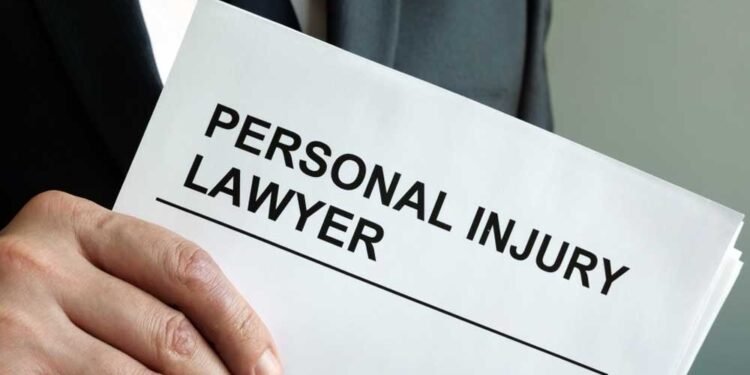In the intricate and multifaceted world of legal professions, personal injury lawyers occupy a unique and crucial position that sets them apart from their peers in other legal fields. These specialized legal practitioners dedicate their careers to championing the rights of individuals who have suffered physical or psychological injuries. Their expertise is not just in law but in the nuances of human experience, bridging the gap between cold legal principles and the very real suffering of individuals. Personal injury lawyers navigate through complex legal waters, driven by a commitment to secure justice and compensation for those whose lives have been disrupted or derailed by the negligent or intentional acts of others.
This role demands a deep understanding of not only legal statutes and precedents but also of the human condition. Personal injury attorneys are often the unseen warriors fighting against large, resource-rich insurance companies and organizations. They advocate for the underdog, providing a voice to those who might otherwise be unheard in the grand legal narrative. The responsibility they carry is immense; they are not just representing a case, but the hopes, pains, and future wellbeing of real people. Every case is a story of personal struggle and resilience, and the personal injury lawyer plays a pivotal role in ensuring that these stories have a fair and just resolution.
Understanding Personal Injury Law
Personal injury law, also known as tort law, revolves around the principle of negligence. This area of law aims to provide financial compensation to victims of accidents or social wrongs. Personal injury lawyers deal with a range of cases, including car accidents, slip and fall incidents, medical malpractice, and workplace injuries.
Education and Qualification
Like all attorneys, personal injury lawyers must complete a rigorous academic journey. This includes obtaining a bachelor’s degree, followed by a law degree from an accredited law school. They must then pass the bar examination in the state where they intend to practice. Specialization in personal injury law often involves additional certifications and continuous legal education.
Skills and Attributes
A proficient personal injury lawyer possesses a blend of analytical, interpersonal, and advocacy skills. They must have a deep understanding of legal research and the ability to interpret and apply the law to various situations. Negotiation skills are paramount, as many personal injury cases are settled outside of court. Empathy and strong communication skills are also crucial, given the emotionally charged nature of their work.
Investigation and Case Preparation
Personal injury lawyers spend considerable time gathering evidence to build a strong case. This process involves interviewing witnesses, collecting medical records, and sometimes working with forensic experts. They assess the extent of the injury and its impact on the client’s life, which is pivotal in determining the compensation amount.
Negotiation and Litigation
A significant part of a personal injury lawyer’s role is negotiating settlements with insurance companies and defendants. If a fair settlement cannot be reached, the attorney is prepared to take the case to trial. Litigation requires a thorough understanding of courtroom procedures and the ability to present a case compellingly before a judge or jury.
Ethical Considerations
Personal injury lawyers adhere to strict ethical principles. They must represent their clients’ best interests while maintaining integrity and professionalism. This includes maintaining client confidentiality and avoiding conflicts of interest.
The Contingency Fee Model
Unlike other types of attorneys, personal injury lawyers often work on a contingency fee basis. This means they only get paid if they win the case or settle it favorably. This model aligns the lawyer’s interests with those of the client and makes legal representation accessible to those who might not afford it otherwise.
Challenges and Rewards
Practicing personal injury law is not without challenges. Lawyers in this field often deal with high-stress situations and emotionally taxing cases. However, the profession is also incredibly rewarding. Personal injury attorneys play a vital role in helping individuals receive justice and compensation for their sufferings.
The Evolving Landscape
The field of personal injury law is constantly evolving. Changes in legislation, emerging technologies like drones and self-driving cars, and evolving societal norms continually shape the nature of personal injury cases. Lawyers in this field must stay abreast of these changes to effectively represent their clients.
In conclusion, personal injury lawyers are more than just attorneys; they are advocates for those wronged by others’ negligence. Their expertise not only lies in understanding the law but in empathizing with victims and tirelessly working towards securing their rights. The path to becoming a successful personal injury lawyer is demanding but offers the unique opportunity to make a real difference in people’s lives.
This comprehensive understanding of the personal injury attorney’s role highlights their importance in the legal system and the impact they have on society’s pursuit of justice and fairness.












